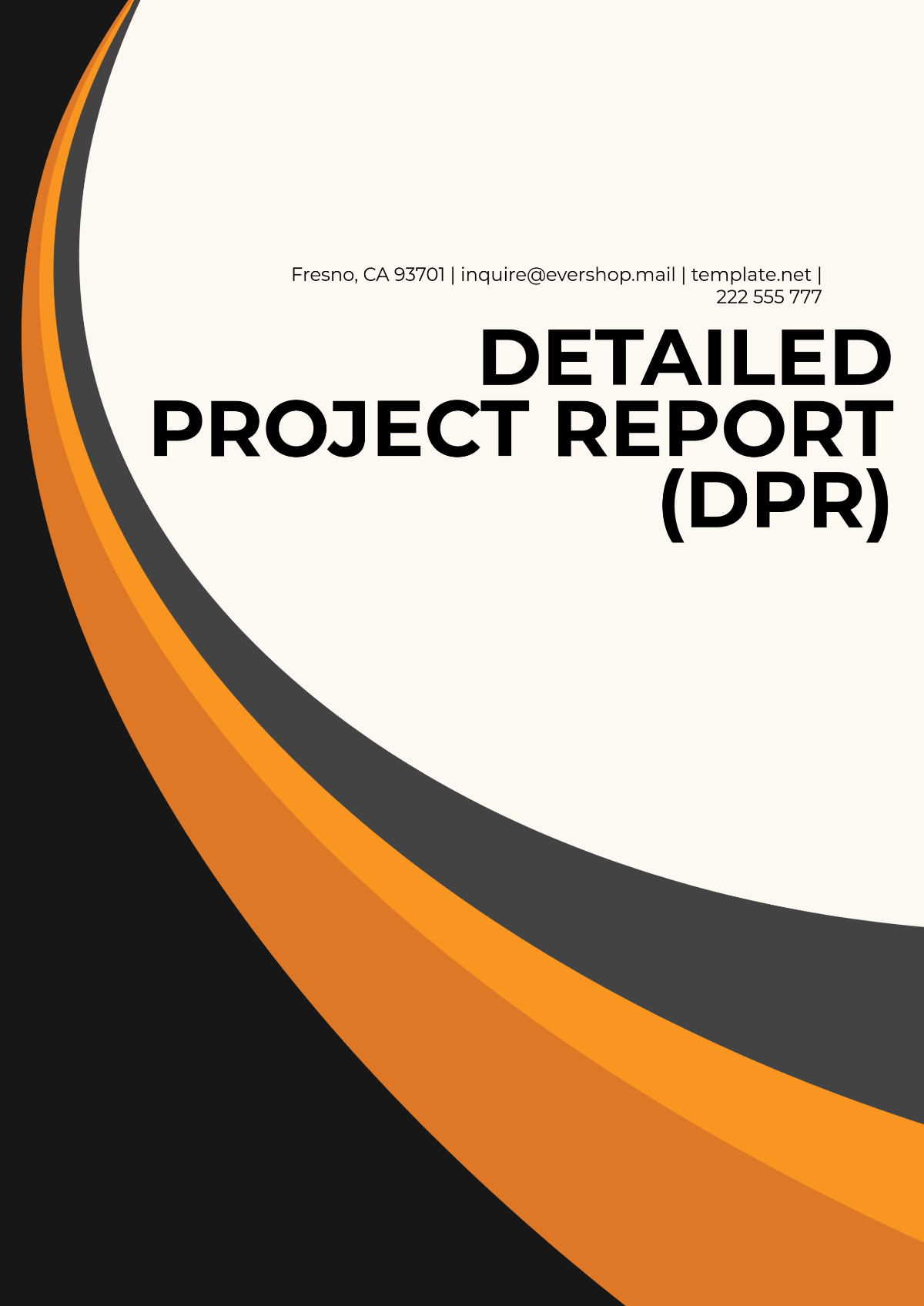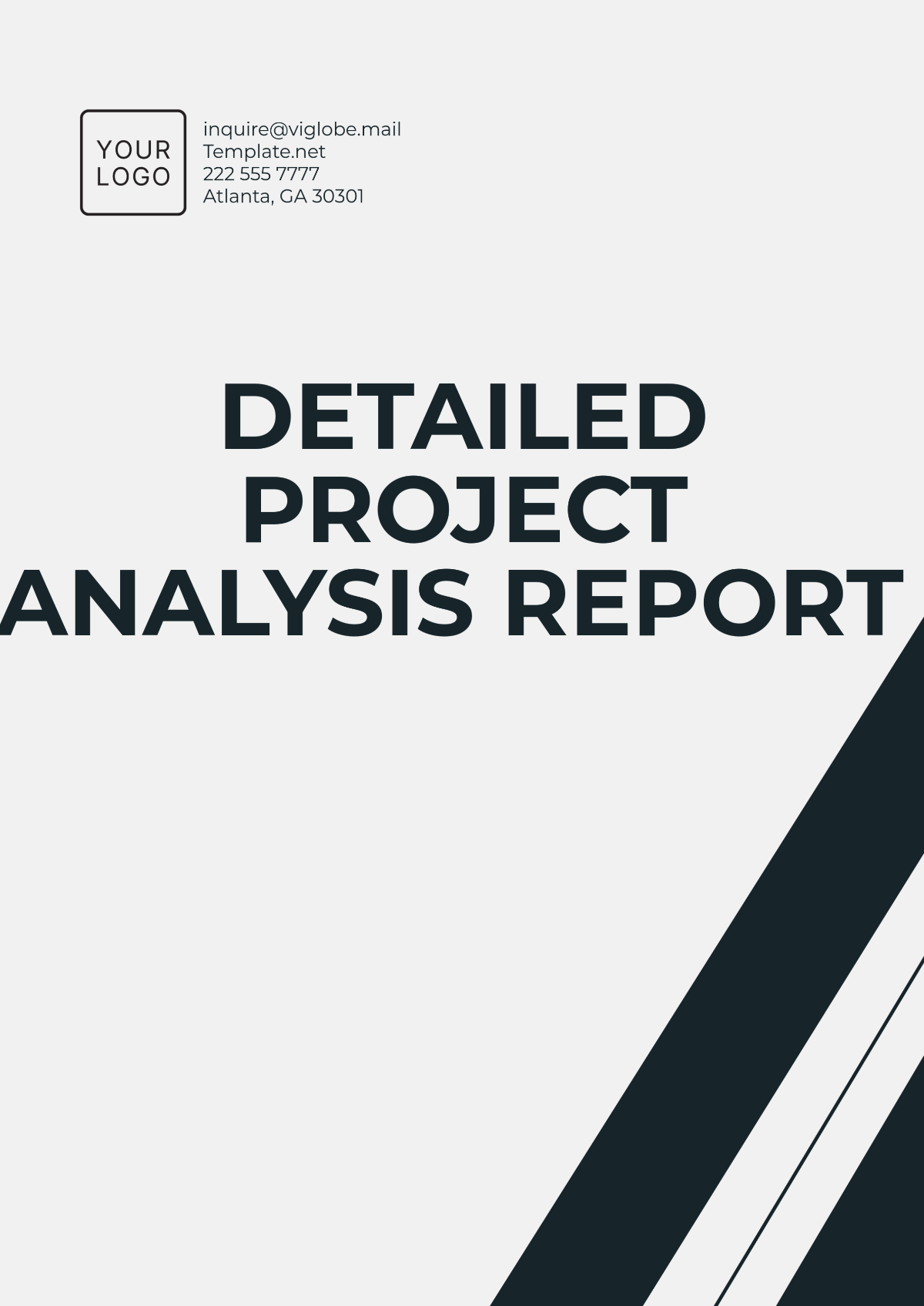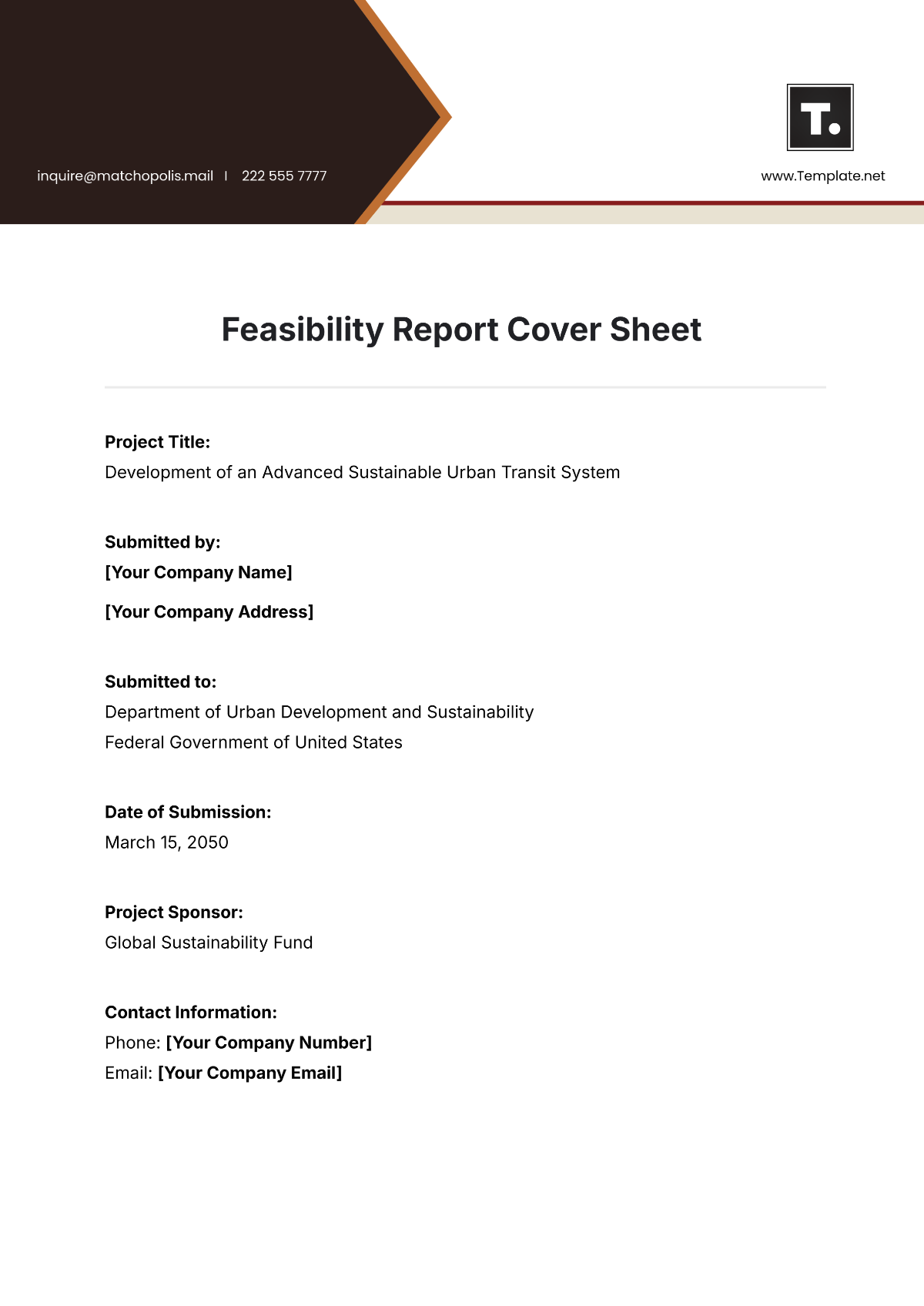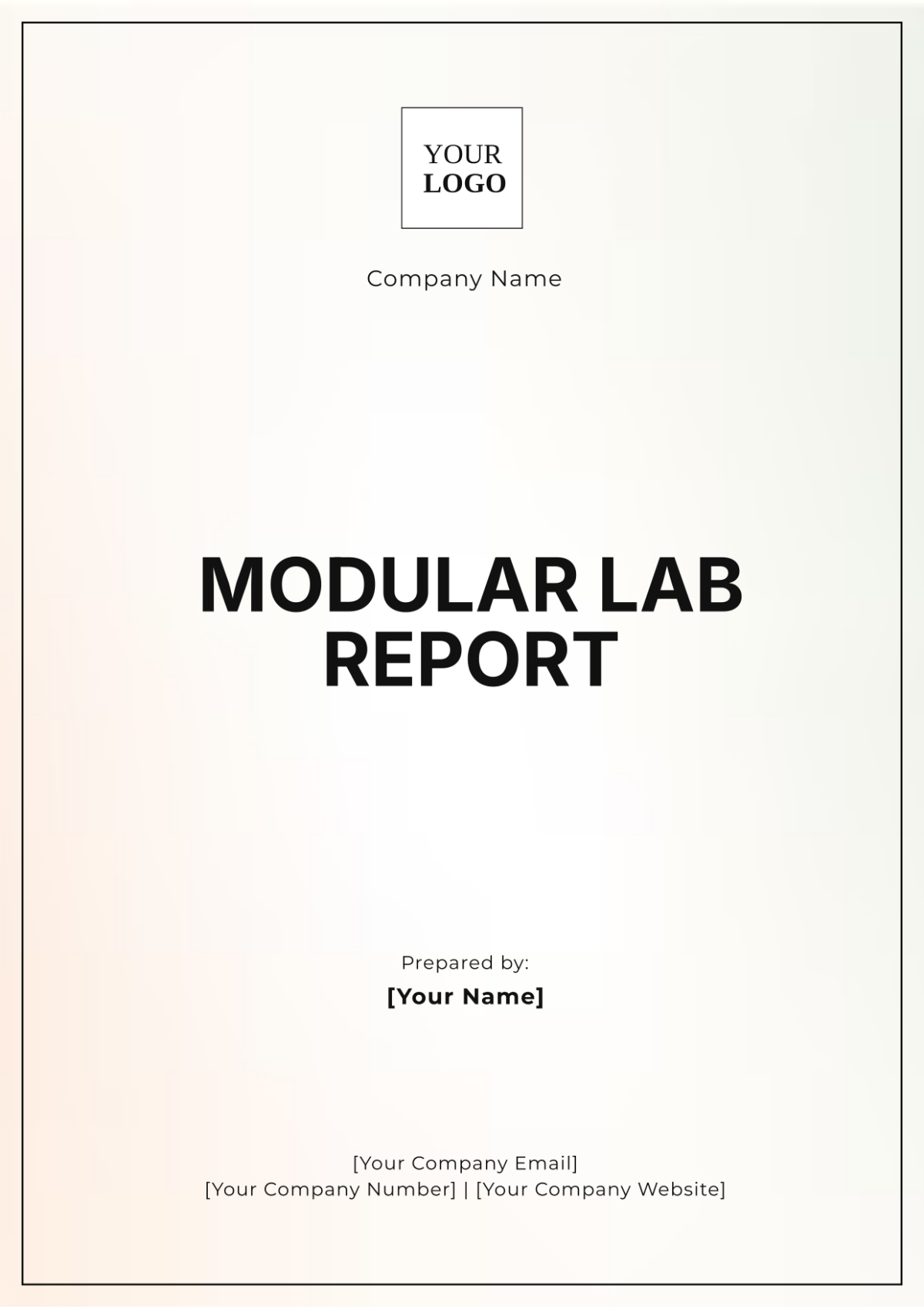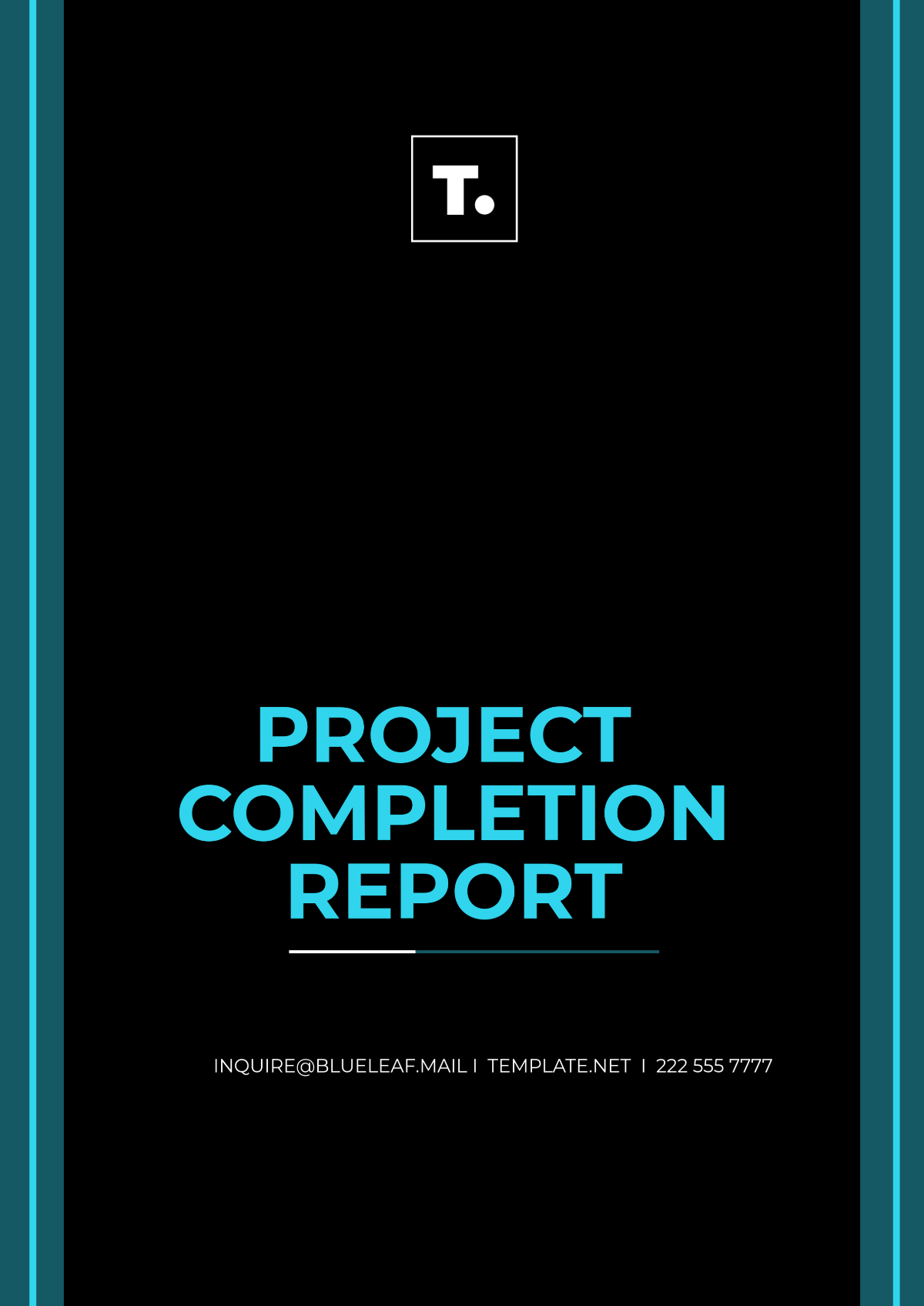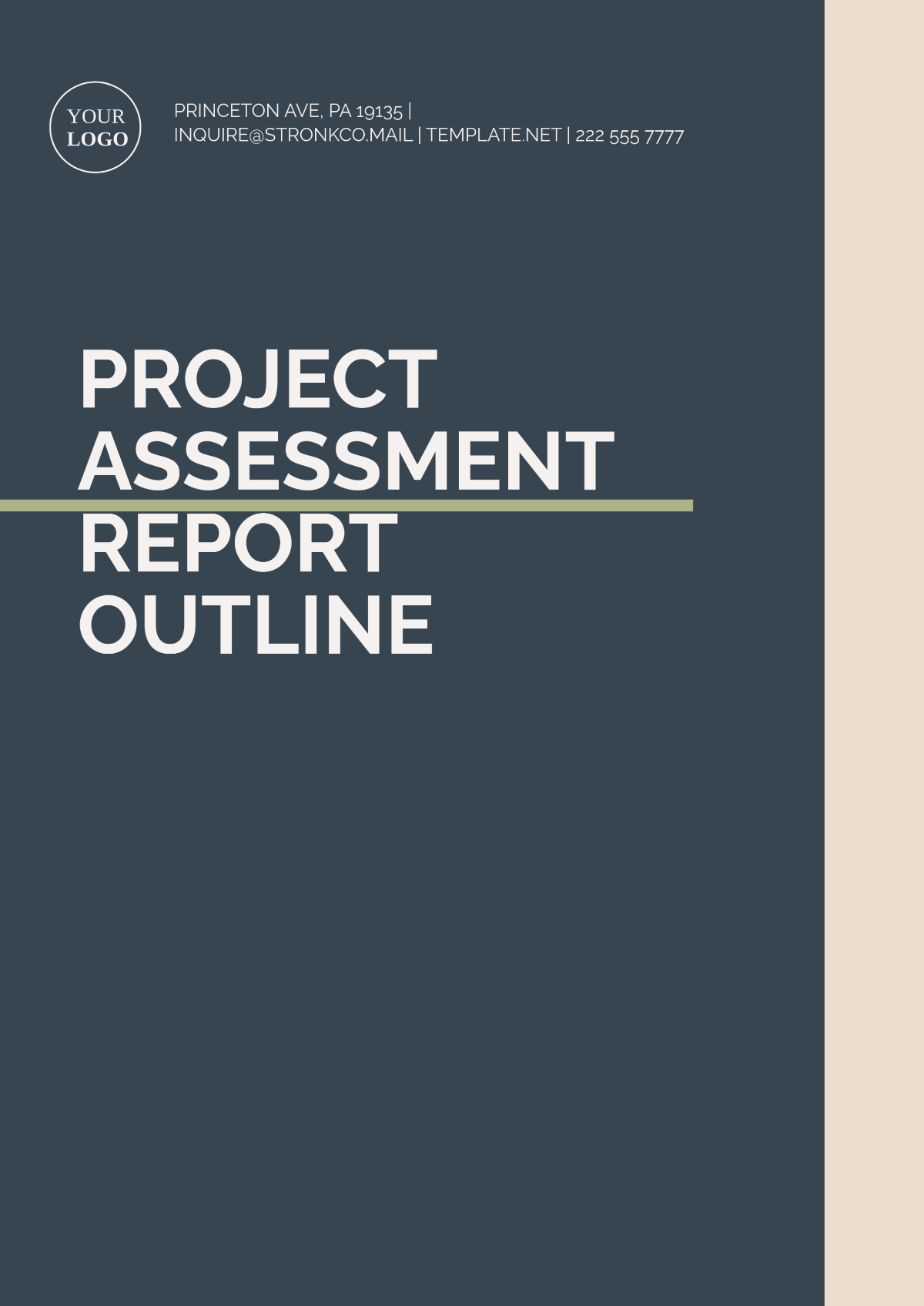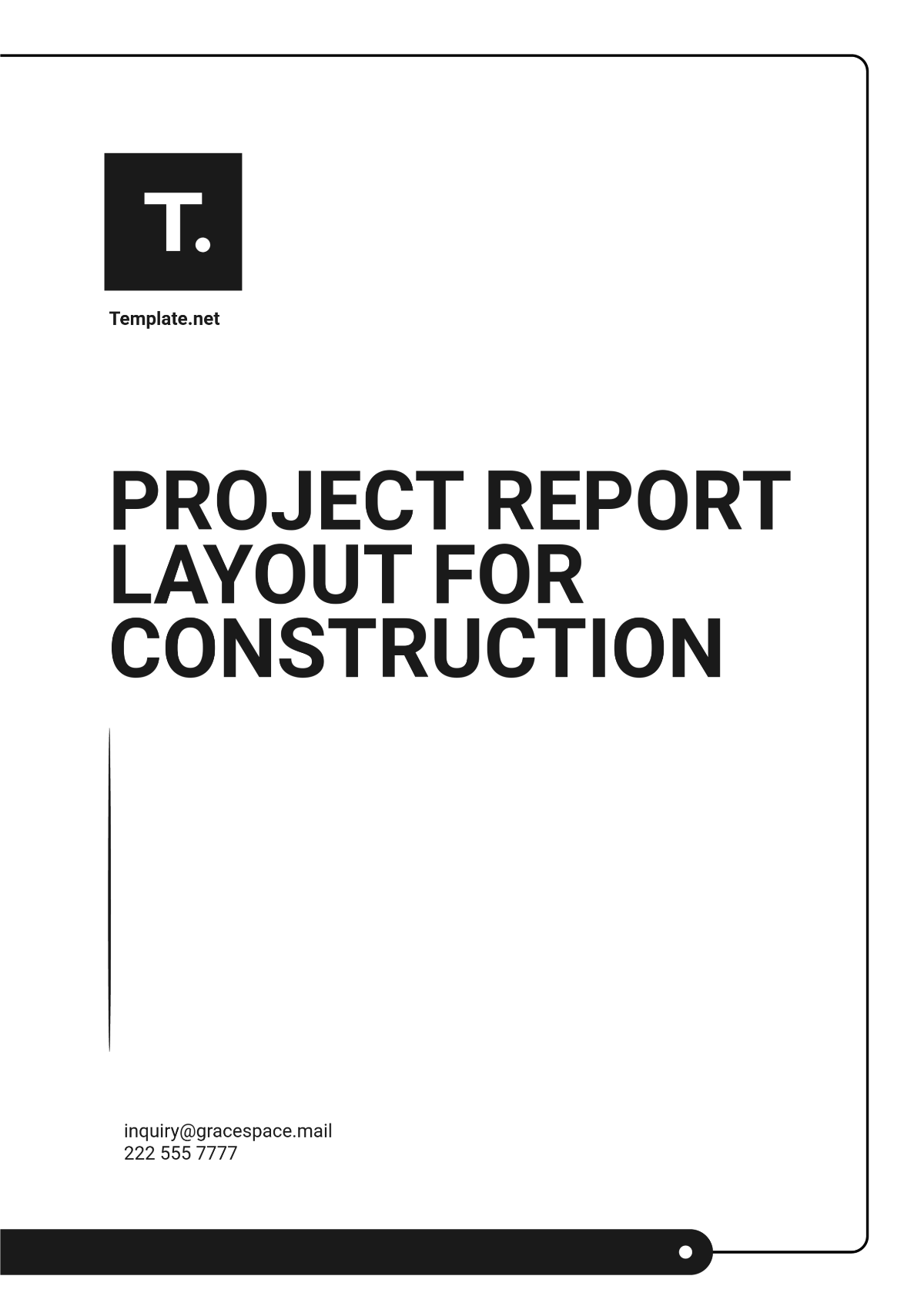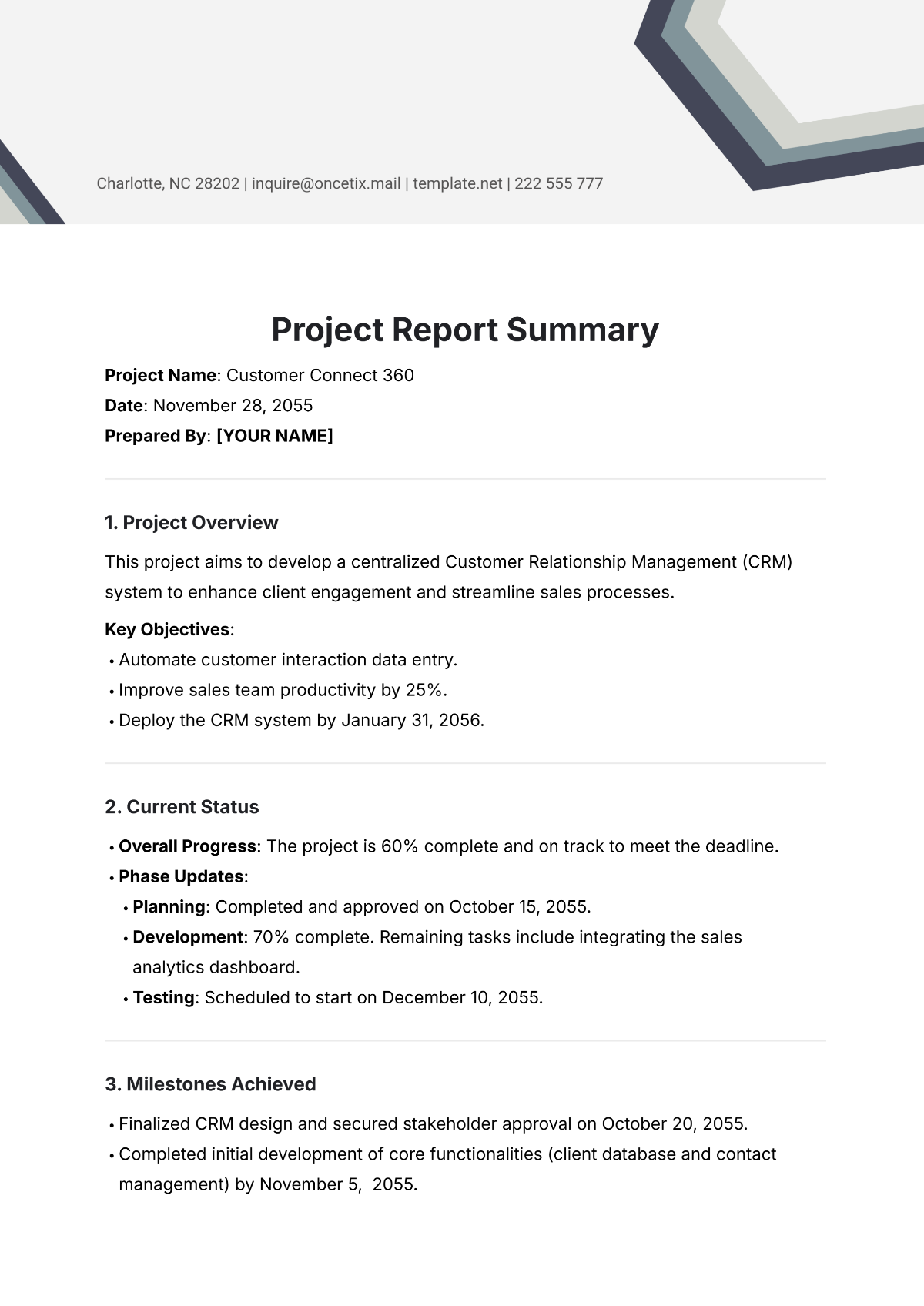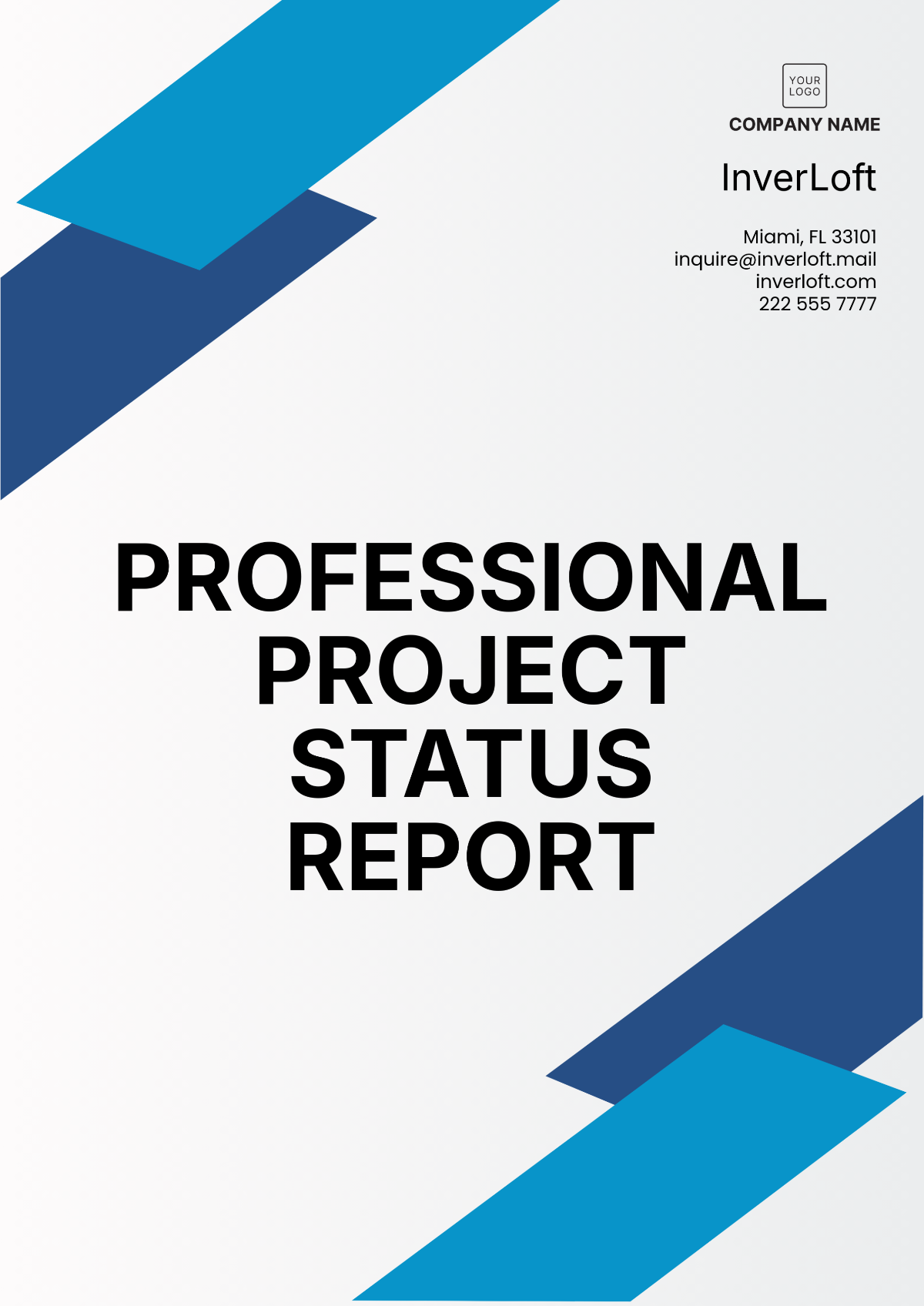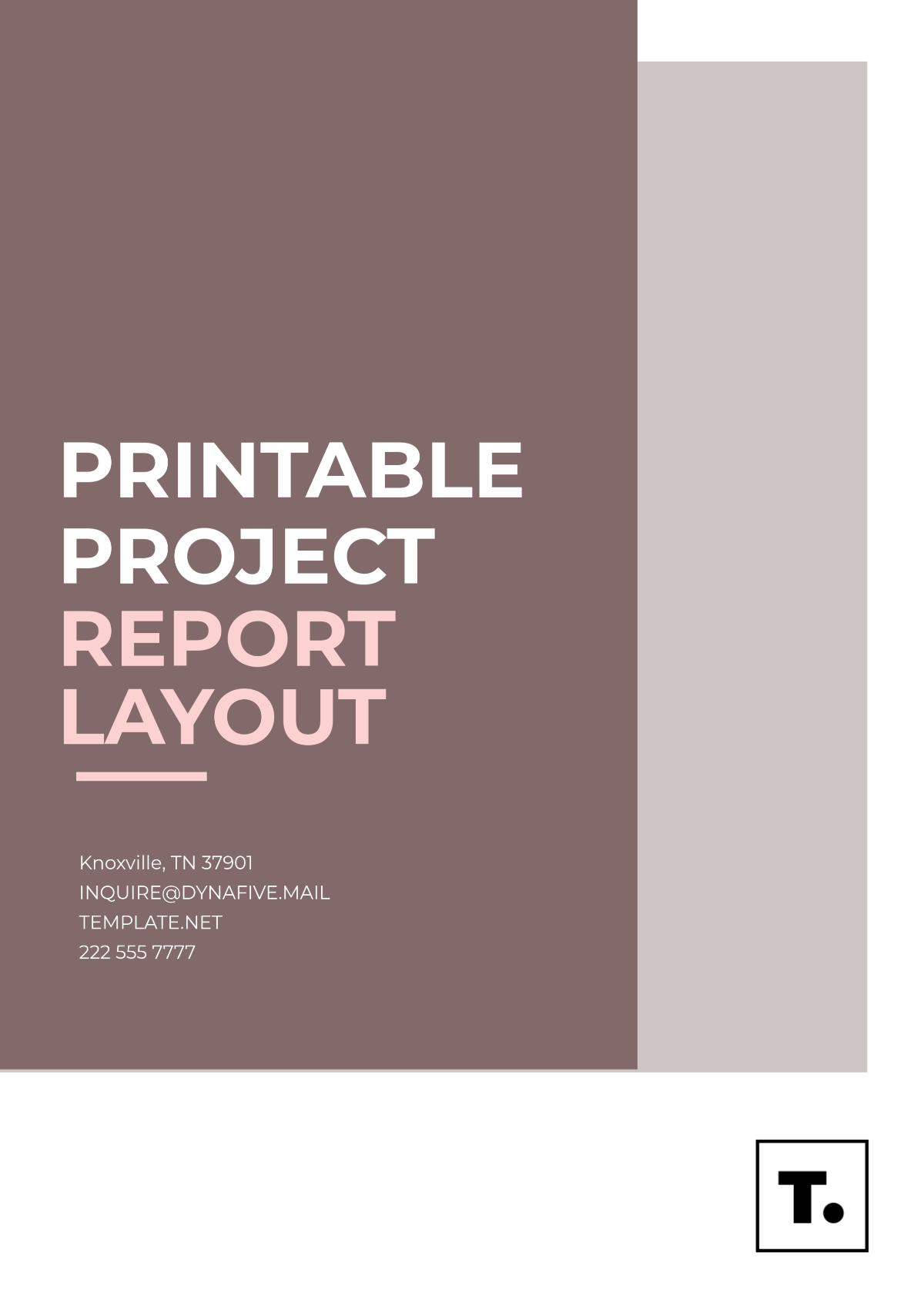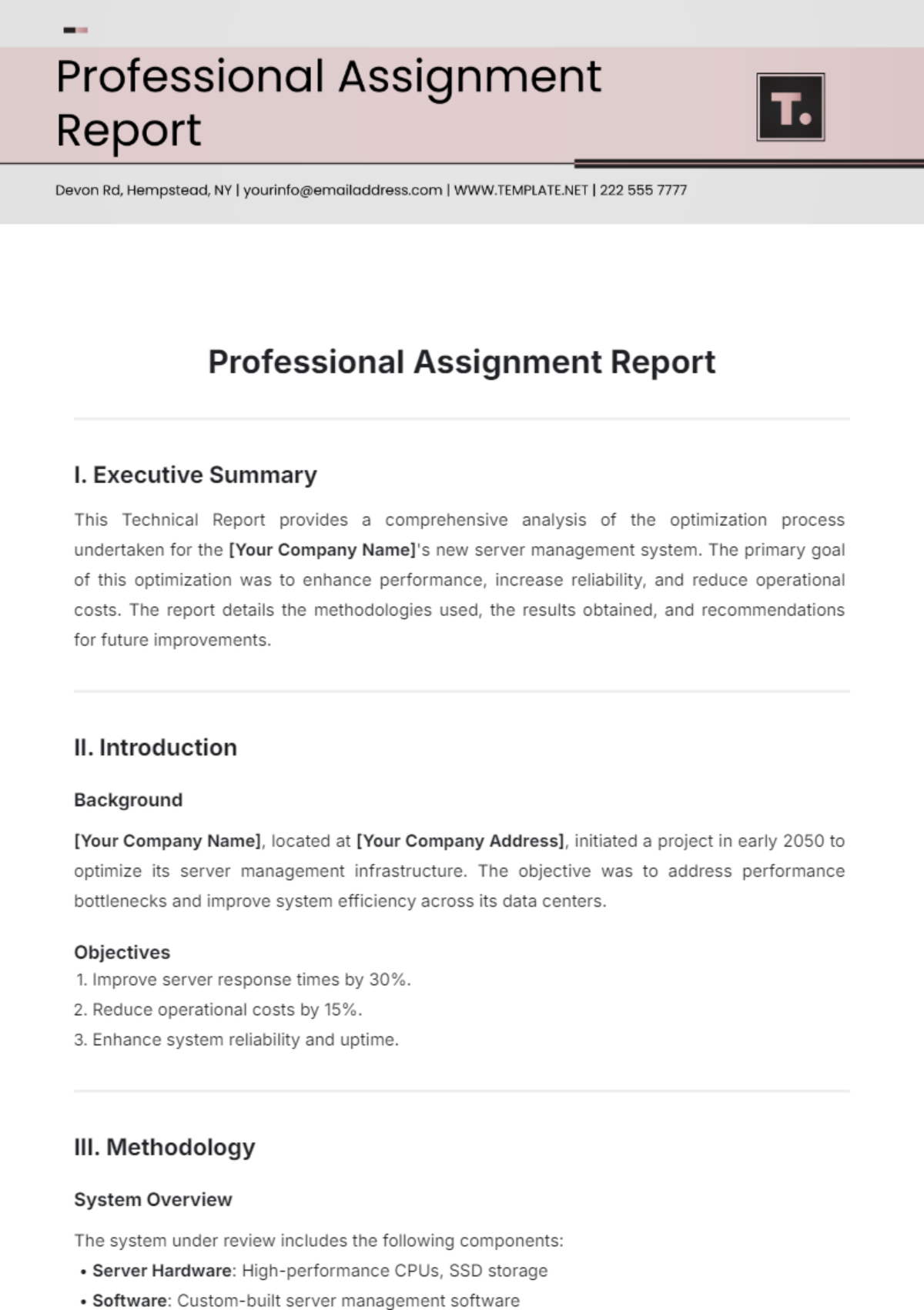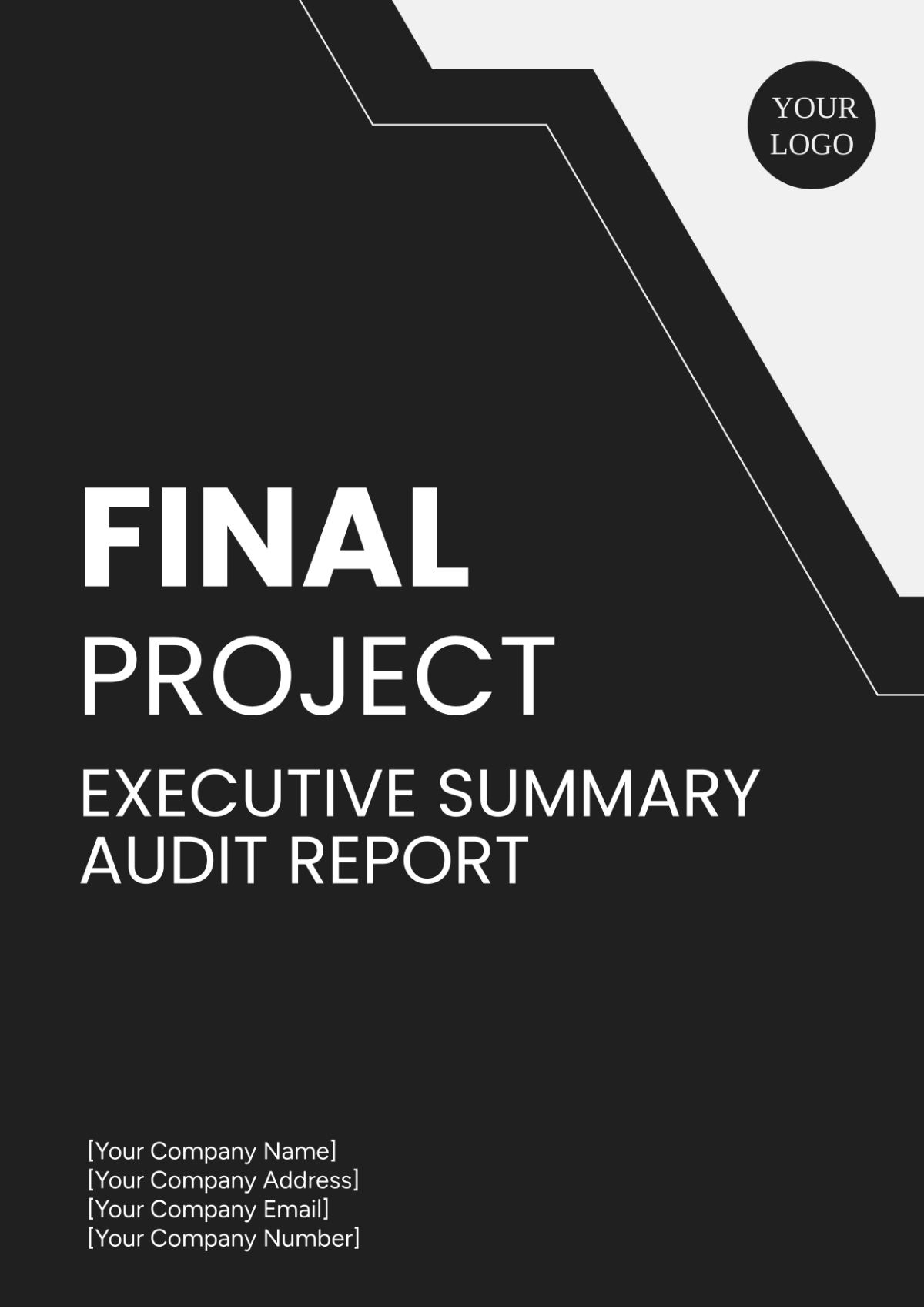Fire Alarm Project Report
I. Executive Summary
This report by [YOUR COMPANY NAME] provides a comprehensive overview of the fire alarm system installed at [ESTABLISHMENT NAME]. The primary objective is to ensure regulatory compliance with all applicable fire safety codes and standards. This project includes the design, installation, testing, and maintenance of the fire alarm system, ensuring the safety of occupants and the protection of property.
II. Project Scope
A. Project Location
Parameter | Details |
|---|---|
Address | [PROJECT ADDRESS] |
Building Type | Commercial Office Building |
B. Project Duration
Milestone | Date |
|---|---|
Start Date | January 1, 2050 |
Completion Date | December 31, 2050 |
C. Project Objectives
Ensure the fire alarm system meets all regulatory requirements.
Provide detailed design and installation plans.
Conduct comprehensive testing and validation.
Establish maintenance protocols for ongoing compliance.
III. Regulatory Standards
A. Codes and Standards
Code/Standard | Description |
|---|---|
NFPA 72 | National Fire Alarm and Signaling Code |
Fire Safety Code, Chapter 9 | Local Building Codes |
ADA Compliance for Alarm Systems | Other Relevant Standards |
B. Compliance Requirements
Installation of system components as per NFPA 72 guidelines.
Regular inspections and testing as mandated by local authorities.
Maintenance records to be kept in accordance with regulatory standards.
IV. System Design and Components
A. System Layout
Component | Location |
|---|---|
Control Panel | Main Electrical Room, Ground Floor |
Smoke Detectors | All corridors |
Heat Detectors | Kitchens and mechanical rooms |
Notification Devices | Common areas and restrooms |
Power Supply | Building's electrical system, backup batteries |
B. System Components
Component | Model | Quantity | Features |
|---|---|---|---|
Control Panel | Simplex 4100ES | 1 | Networkable, touch-screen interface, event logging |
Smoke Detectors | Honeywell 5808W3 | 150 | High sensitivity, wireless connectivity |
Heat Detectors | System Sensor 5600 | 50 | Fixed temperature, rate-of-rise |
Manual Pull Stations | Edwards 270-SPO | 20 | Dual-action, tamper-resistant |
Notification Devices | Wheelock Exceder LED3 | 75 | Low current draw, high efficiency LED |
V. Installation Process
A. Pre-Installation Activities
Activity | Description |
|---|---|
Site survey and risk assessment | Evaluate site for system requirements |
Finalization of system design | Confirm design with stakeholders |
B. Installation Activities
Activity | Description |
|---|---|
Installation of control panel and wiring | Setting up main control unit and electrical connections |
Placement and connection of detectors and notification appliances | Installing and linking all devices |
Integration with existing building systems | Ensuring compatibility with current systems |
C. Post-Installation Activities
Activity | Description |
|---|---|
Initial testing and calibration | Testing all components for functionality |
System validation and commissioning | Official handover and certification |
Training for building staff on system operation and emergency procedures | Educating staff on usage and protocols |
VI. Testing and Validation
A. Initial Testing
Test Type | Description |
|---|---|
Functional Testing | Ensure all components work as intended |
Detector Sensitivity | Check sensitivity levels of smoke detectors |
Audibility Tests | Verify the audibility of notification devices |
B. Ongoing Testing
Frequency | Test Type | Description |
|---|---|---|
Monthly | System Checks | Routine checks to ensure operational status |
Annual | Comprehensive Testing | Full system test in compliance with NFPA 72 |
Documentation | Activity Logs | Maintain records of all testing activities and results |
VII. Maintenance Plan
A. Routine Maintenance
Frequency | Activity | Description |
|---|---|---|
Monthly | Visual Inspections | Check physical condition of all components |
Semi-annual | Testing of Detectors and Alarm Devices | Perform operational tests on all devices |
B. Emergency Maintenance
Response Time | Activity | Description |
|---|---|---|
Immediate | Fault Response | Address any system faults or alarms promptly |
24 hours | Replacement of Defective Components | Replace any faulty parts within a day |
C. Record Keeping
Record Type | Description |
|---|---|
Maintenance Logs | Detailed logs of all maintenance activities |
Compliance Documentation | Documentation for regulatory inspections |
VIII. Conclusion
This Fire Alarm Project Report outlines the comprehensive steps taken to ensure the fire alarm system at [ESTABLISHMENT NAME] meets all regulatory compliance requirements. The meticulous planning, installation, and maintenance protocols established herein are designed to safeguard the building and its occupants effectively.
[YOUR COMPANY NAME] is committed to providing top-tier fire safety solutions and ensuring the highest standards of regulatory compliance and system reliability.

